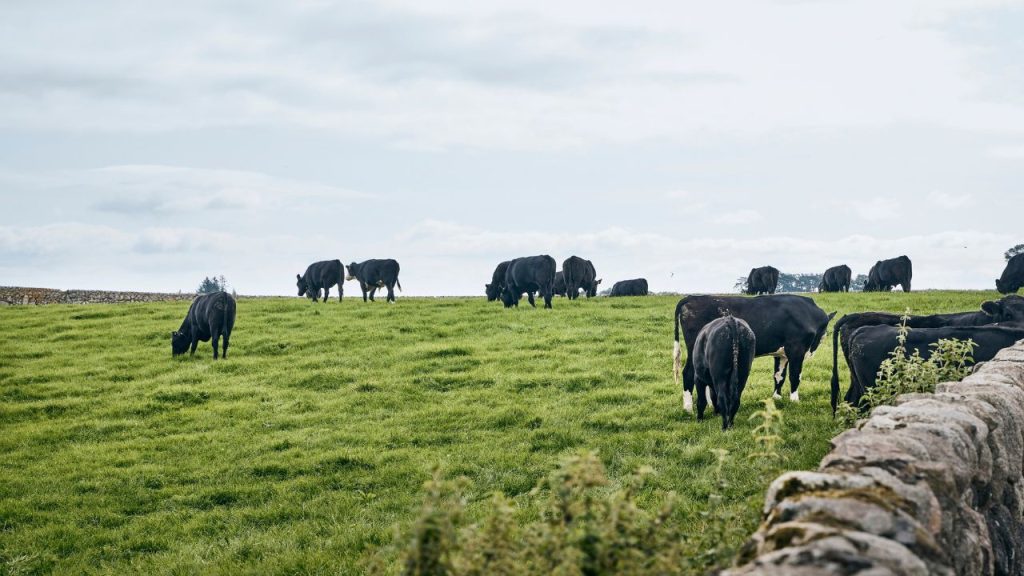Adopting Sustainable Farming Techniques
To achieve sustainability, British farmers are turning to various innovative techniques. One such method is crop rotation, which helps maintain soil fertility. By rotating different crops, farmers can reduce the need for chemical fertilisers and pesticides, leading to healthier soils and crops.
Another crucial practice is the use of cover crops. These are planted between main crops to prevent soil erosion, improve soil structure, and enhance water retention. Cover crops also help to suppress weeds, reducing the reliance on herbicides.

Reducing Carbon Footprint
British agriculture has a significant role to play in the fight against climate change. Farmers are increasingly adopting practices that reduce greenhouse gas emissions. One effective strategy is precision farming, which uses technology to optimise the use of resources. By applying the right amount of water, fertiliser, and pesticides at the right time, farmers can reduce waste and lower their carbon footprint.
Promoting Biodiversity
Biodiversity is essential for a healthy and resilient agricultural system. British farmers are recognising the importance of preserving natural habitats on their land. Hedgerows, for example, are being restored to provide a home for wildlife, which in turn helps with pest control and pollination.
In addition, organic farming is gaining popularity as it promotes biodiversity by avoiding synthetic chemicals and focusing on natural processes. This not only benefits the environment but also produces healthier food for consumers.
Economic Benefits of Sustainability
Sustainability in agriculture is not just about protecting the environment; it’s also economically viable. Sustainable practices can reduce costs in the long term by decreasing the need for expensive inputs like chemical fertilisers and pesticides. Moreover, consumers are increasingly willing to pay a premium for sustainably produced food, providing farmers with a financial incentive to adopt these practices.
Challenges and Opportunities
While there are clear benefits to sustainable agriculture, there are also challenges. Transitioning from conventional to sustainable farming methods requires investment in new equipment and training. However, the long-term benefits far outweigh the initial costs. Government support, through subsidies and grants, can also play a vital role in encouraging more farmers to make the switch.
The Future of British Agriculture
The future of British agriculture lies in sustainability. As consumers become more aware of the environmental impact of their food choices, the demand for sustainably produced food will continue to rise. British farmers are well-positioned to lead the way, combining traditional knowledge with modern technology to create a farming system that is both productive and sustainable.
Conclusion: Sustainability in British Agriculture
Sustainability in British agriculture is not just a goal; it’s a path forward. By adopting sustainable practices, farmers can protect the environment, enhance biodiversity, and ensure the economic viability of their farms. As the world faces increasing challenges related to food security and climate change, sustainable agriculture in Britain is more important than ever.
